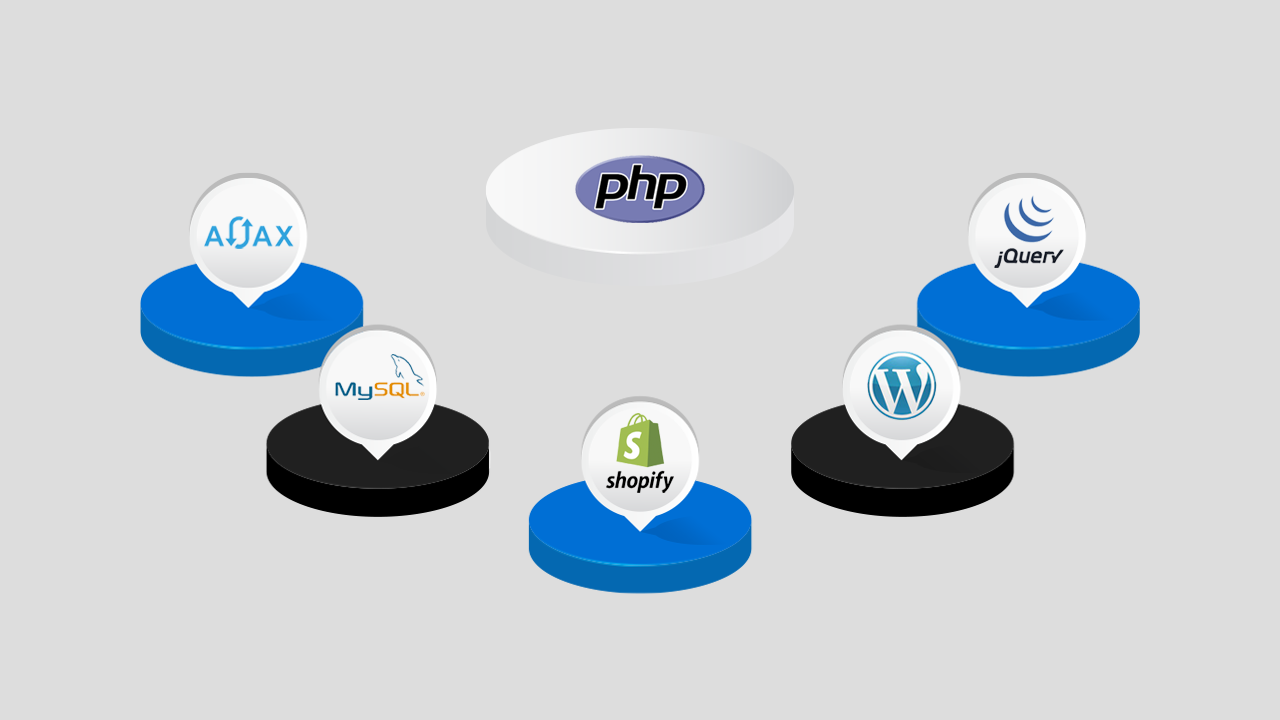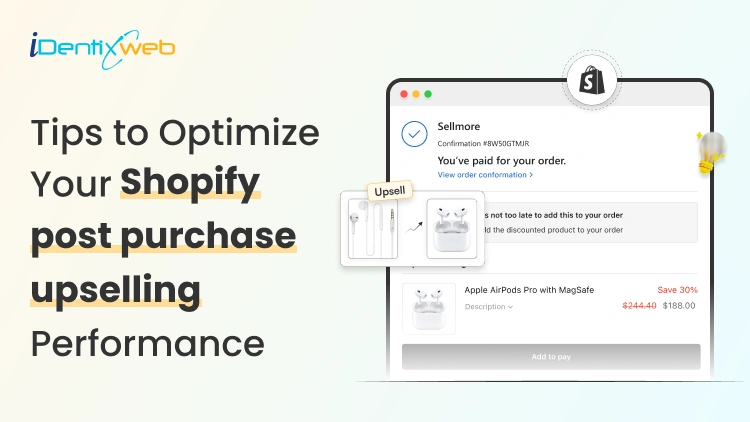
As being in the IT industry for a long time there were many languages for the developers and still, there are many languages to come. Here, I am going to share some best things about PHP and the history of PHP language.
The invention of PHP was done in 1994 by Rasmus Lerdorf. Earlier PHP was known to be “Personal Home Page”. The fact that PHP was not originally designed yet rather was developed and has prompted conflicting naming of functions and inconsistent requesting of their parameters.
PHP is an embedded scripting language for HTML like ASP or JSP. It is a language that combines elements of Perl, C, and Java. PHP 2 was released.
PHP 3 was released in 1997 and was named as Hypertext Preprocessor. Then came PHP 4 which was released in 2000 and was powered by Zend Engine. PHP 5 was released in July with new features like object-oriented programming. Another PHP version was created during 2014 and 2015 which was numbered as PHP 7. There were also new features included in PHP 7.
PHP 7.2 has been officially released on November 30, 2017.
What's new in PHP 7.2?
Security is the most important thing in 7.2, it needed highly improvements to security.
Here are some new features provided in PHP 7.2:
- Argon2 in a password hash
- Parameter type widening
- Object Type Hinting
- Trailing comma in list syntax
- New Sodium extension
- Core Improvements
- Deprecation
Chart of PHP Versions till now:
| PHP Versions | Release Date |
| 1.0 | 8 June 1995 |
| 2.0 | 1 November 1997 |
| 3.0 | 6 June 1998 |
| 4.0 | 22 May 2000 |
| 4.1 | 10 December 2001 |
| 4.2 | 22 April 2002 |
| 4.3 | 27 December 2002 |
| 4.4 | 11 July 2005 |
| 5.0 | 13 July 2004 |
| PHP Versions | Release Date |
| 5.1 | 24 November 2005 |
| 5.2 | 2 November 2006 |
| 5.3 | 30 June 2009 |
| 5.4 | 1 March 2012 |
| 5.5 | 20 June 2013 |
| 5.6 | 1 March 2012 |
| 7.0 | 3 December 2015 |
| 7.1 | 1 December 2016 |
| 7.2 | 30 November 2017 |
| 7.3 | 6 December 2018 |
Advantages of PHP:
- Open-source
- Speed
- Easy and simple to use
- Reliable
- Can run on any platform
- Built-in relational database modules
- Strong library support
Disadvantages of PHP:
- Security – As PHP is an open-source, all can see the source code so it can come in the weakness of PHP.
- Not suitable for high applications
- Weak type
How PHP Works..?
Introduction
Using PHP to improve your website PHP has many capabilities features specifically designed for use in Websites, including the following:
Securing your Websites:
- PHP can be utilized to secure your websites with a goal that your customer must enter a valid username or password
- This can be utilized to reward preferred customers and build a unique “membership” component of your business
Working with Webforms
- PHP can show an HTML form and process the information that the user types in
- This can be an excellent method to learn more about the clients
- Asking them to give profile information
- Gather information about their particular interest
Communicate with your database
- PHP is especially adept at communicating with your databases
- Storing information from the user or retrieving data that is shown to the user
- Every single database are presently supported by PHP
Customer Loyalty Functions
- PHP takes various functionalities that help in
- Build clients loyalty
- Including interactive surveys
- A guestbook
- A message board




![How to Build a Top Shopify Grocery Store [Examples & Themes + Best Apps] How to Build a Top Shopify Grocery Store [Examples & Themes + Best Apps]](https://www.identixweb.com/wp-content/uploads/2026/02/11-02-Wed-Blog-How-to-Build-a-Shopify-Grocery-Store-Examples-Must-Have-Apps.webp)

